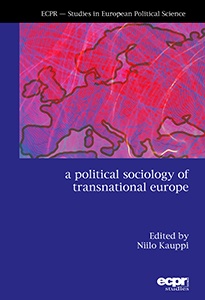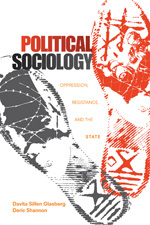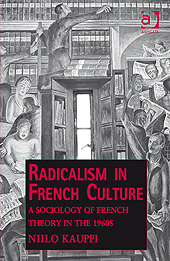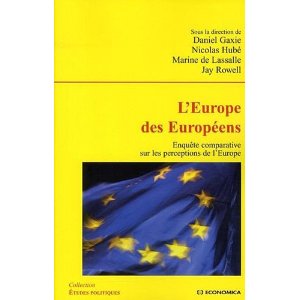A Political Sociology of Transnational Europe
 Edited by Niilo Kauppi, ECPR Press, 2013
Edited by Niilo Kauppi, ECPR Press, 2013
This volume presents cutting-edge, theoretically ambitious studies in political sociology by first-rate European scholars that deal with some of the major challenges European societies and politics are facing. These have to do with globalisation and complex Europeanisation, which have contributed to restructuring the European nation-state and redefining political power.
Accounting for these transformations requires revisiting traditional objects of political science such as state sovereignty, civil society and citizenship. While doing this, the studies of this volume join sophisticated empirical analyses with methodological and conceptual innovations such as field theory, multiple correspondence analysis and the study of space sets. Combining qualitative and quantitative research techniques and macro- and micro-levels, they have in common a contextual analysis of politics through scrutiny of configurations of groups, representations and perceptions in an increasingly transnational space. A transnational perspective that seeks to avoid methodological nationalism is present in all the studies of this volume.







